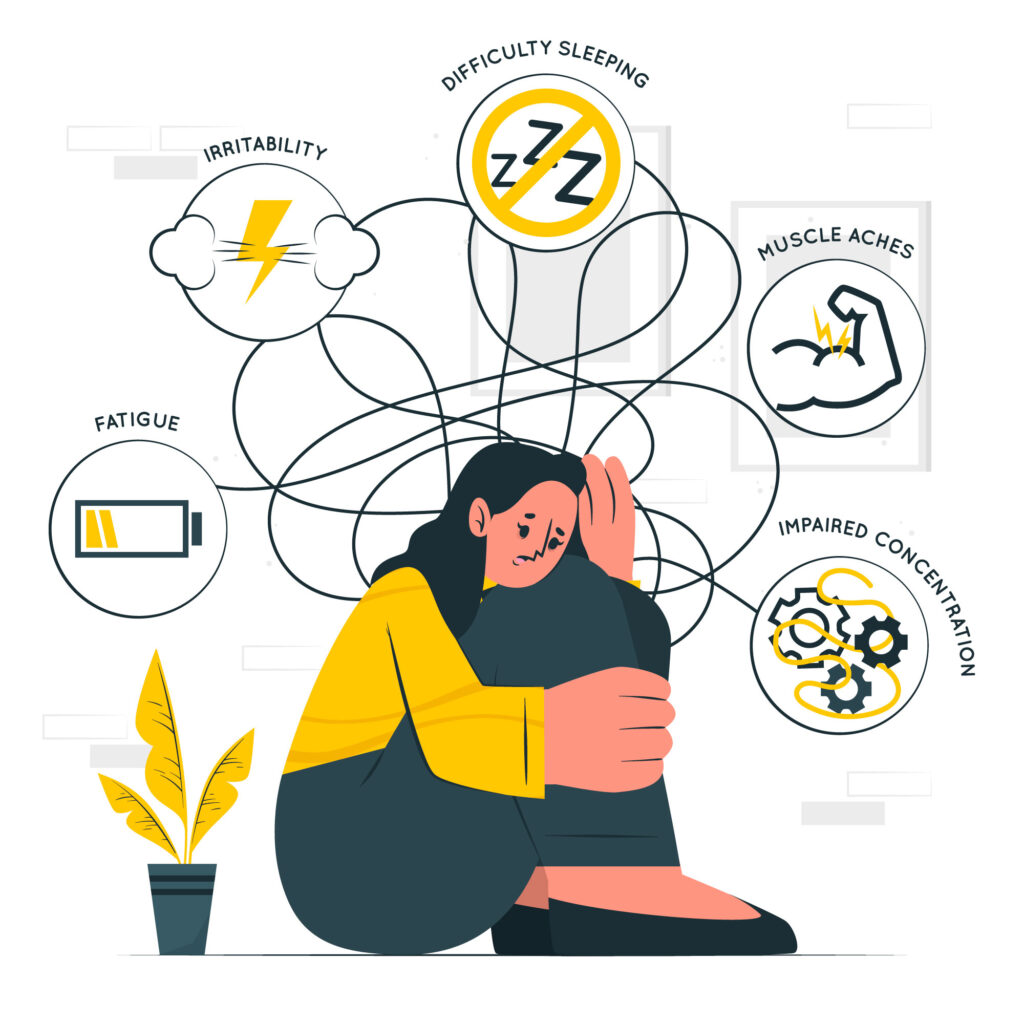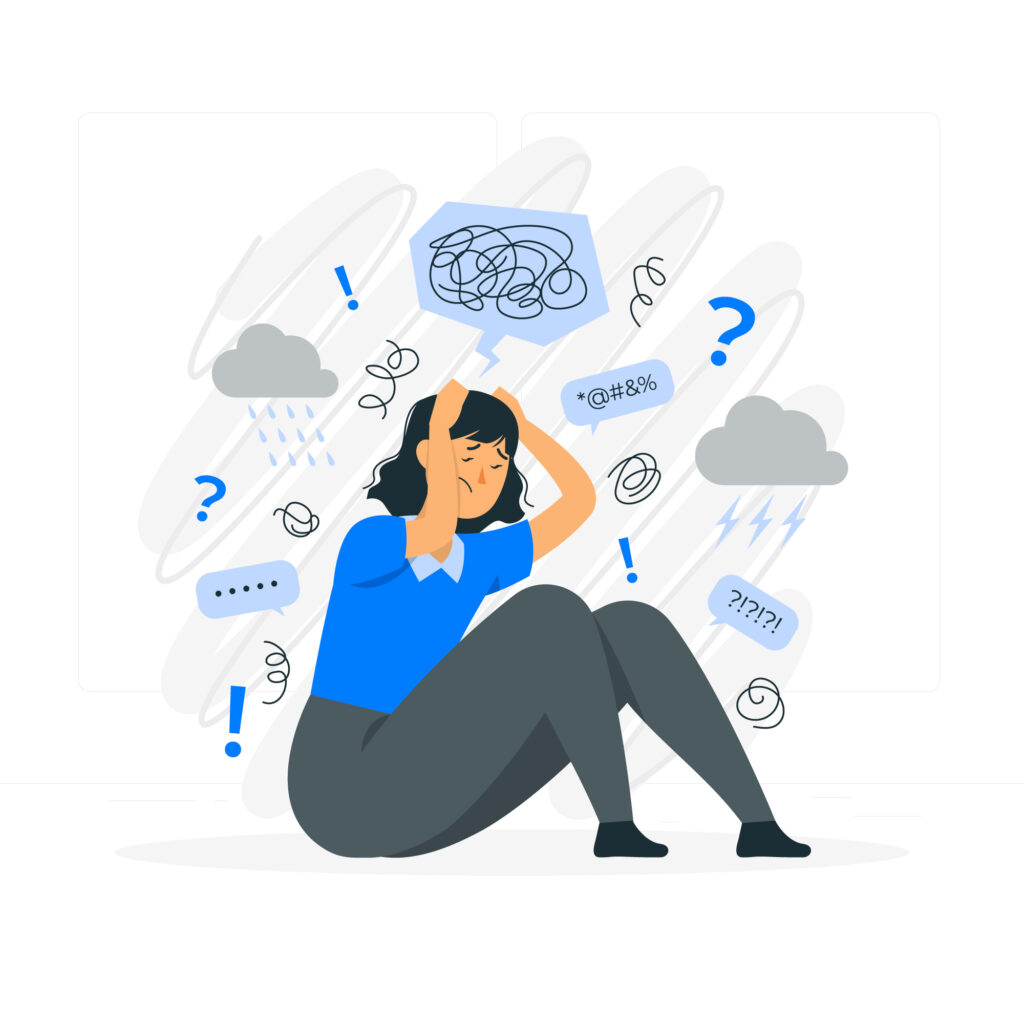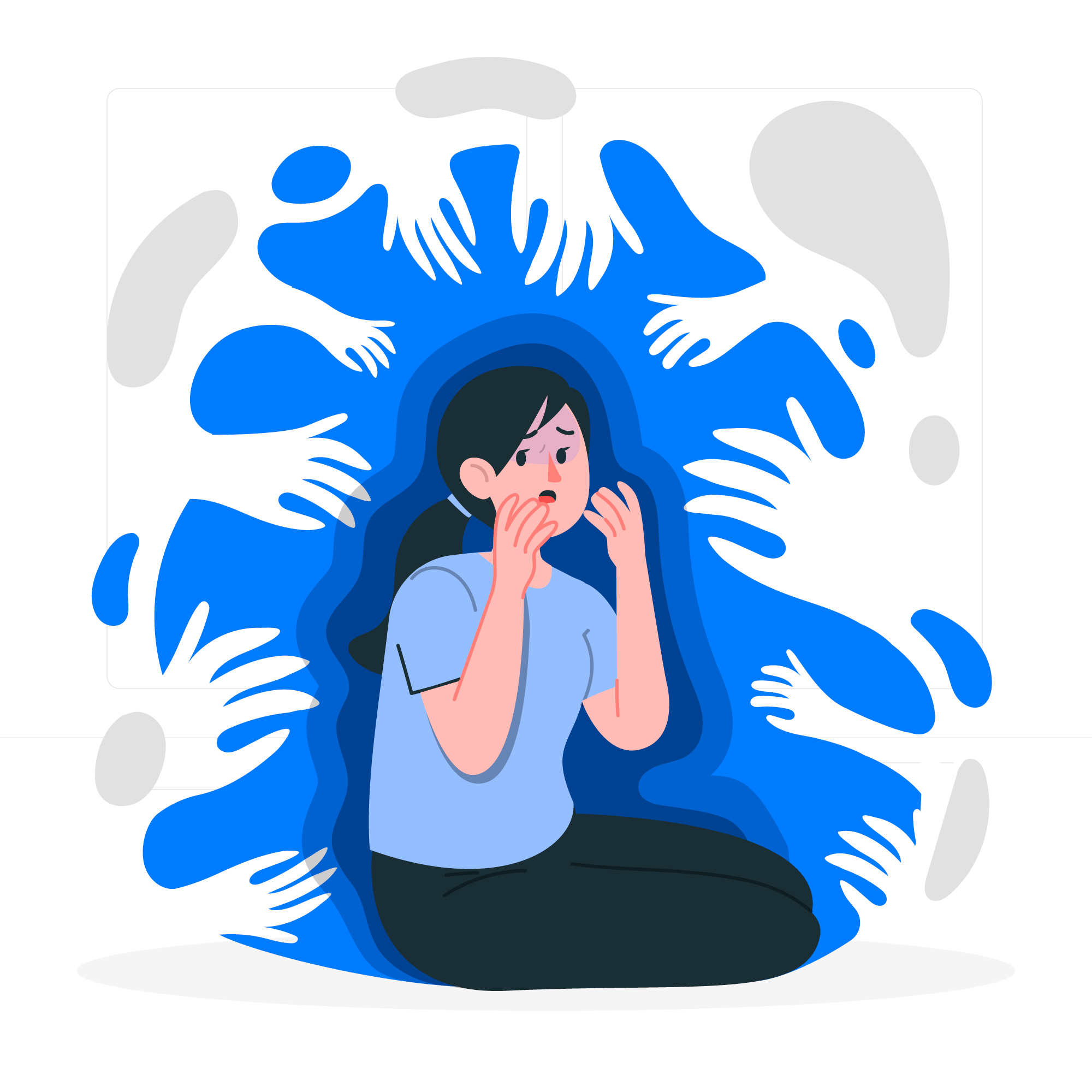
Stress is a complex phenomenon that affects individuals in various ways. While often viewed as a negative force, it has some positive effects.
What is Stress?
Stress is the body’s natural response to perceived threats or demands, triggering the release of stress hormones like cortisol and adrenaline. This response prepares the body to either confront or flee from the situation, also known as the “fight or flight” response.
Negative Impacts of Stress
It affects physical and mental health directly or indirectly.
– can increase the risk of cardiovascular disease, diabetes, and compromised immune function.
– can affect relationships, impair cognitive function, and reduce overall well-being.
Mental health impacts
– chronic stress can lead to anxiety and depression, affecting mood, motivation, and overall mental Well-being.
– Stress hormones can cause irritability, mood swings, and emotional instability.
– Prolonged stress can lead to burnout, characterized by exhaustion, negative thoughts, and reduced performance.
Physical impacts
– Cardiovascular Disease: Stress increases the risk of heart disease, high blood pressure, and stroke.
– Weakened Immune System: Chronic stress can suppress the immune system, making an individual highly prone to illnesses.
– stress can cause stomach problems, like indigestion acidity etc
Impact on your relationships
– Stress can lead to conflict, communication breakdowns, and impact relationships.
– Stress can cause us to withdraw from social interactions, leading to feelings of loneliness.
– Chronic stress can affect intimacy and emotional connection with their partners.
Daily Life Impacts
– It can decrease focus, motivation, and productivity, affecting work and personal life.
– It can lead to insomnia, daytime fatigue, and other sleep-related issues.
– Stress can lead to unhealthy coping mechanisms like substance abuse or avoidance behaviors.
We always talk about the negative effects of stress but stress can be both beneficial.
Positive Impacts of Stress
– It enhances focus, motivation, and productivity, motivates and drives individuals to achieve their goals
– It can foster resilience, it helps individuals to adapt and cope with challenging and new situations
– Stress can stimulate personal growth, promoting learning and self-improvement.
It depends on the intensity, duration, and individual circumstances. Acute stress can be motivating and adaptive, while chronic stress can lead to negative consequences.

Causes of stress:
Stress can be caused at your workplace or in your personal life too.
A few causes could be:-
- Financial Issues: Debt, bills, unemployment, or financial insecurity will play a vital role in leading to stress.
- Relationship Problems: Conflicts with family, friends, or partners can cause stress.
- Health Concerns: physical or mental Illness, injury, chronic pain, or anxiety can be a significant source of stress.
- Time Management:- Overcommitting, procrastination, or poor time management can lead to stress.
- Work-Life Balance:- not being able to juggle work, family, and personal responsibilities can be stressful.
- Personal Expectations: Keeping oneself in high standards, self-criticism, or perfectionism can lead to stress and anxiety.
- Work Overload: Excessive workload, long hours, and tight deadlines.
- Poor Communication: Lack of clear expectations, unclear roles, not having proper schedules, giving random tasks and inadequate or critical feedback.
- Conflict and Interpersonal Issues: Difficult colleagues, bosses, or customers, Micromanaging, limited autonomy in the workplace, and no decision-making authority.
- Uncertainty and Change: Restructuring the company policies, layoffs, or uncertain
- Career Development: Limited growth opportunities, lack of challenge, or unclear career path.
- Pressure to Meet Targets: Unrealistic targets, sales quotas, or performance expectations will always leads to stress
- Lack of Recognition and Rewards: Inadequate appreciation, recognition, or compensation, Gossip, favoritism and unfair treatment
These are some of the most common causes of stress in day-to-day life. But, remember, everyone experiences stress differently, and what causes stress for one person may not be the same for another.
Stress is an unavoidable aspect of life, but its impact can be managed. By recognizing the signs of stress, we can mitigate its effects and cultivate a healthier, more balanced life. Prioritise self-care, seek support, and take control of your stress today!
Stress is a multifaceted phenomenon that affects individuals in diverse ways. By recognizing both its positive and negative impacts, we can learn to harness its beneficial effects while mitigating its harmful consequences. Embrace stress as a natural part of life, and take proactive steps to manage it effectively. Remember, stress can be a double-edged sword – wield it wisely!

